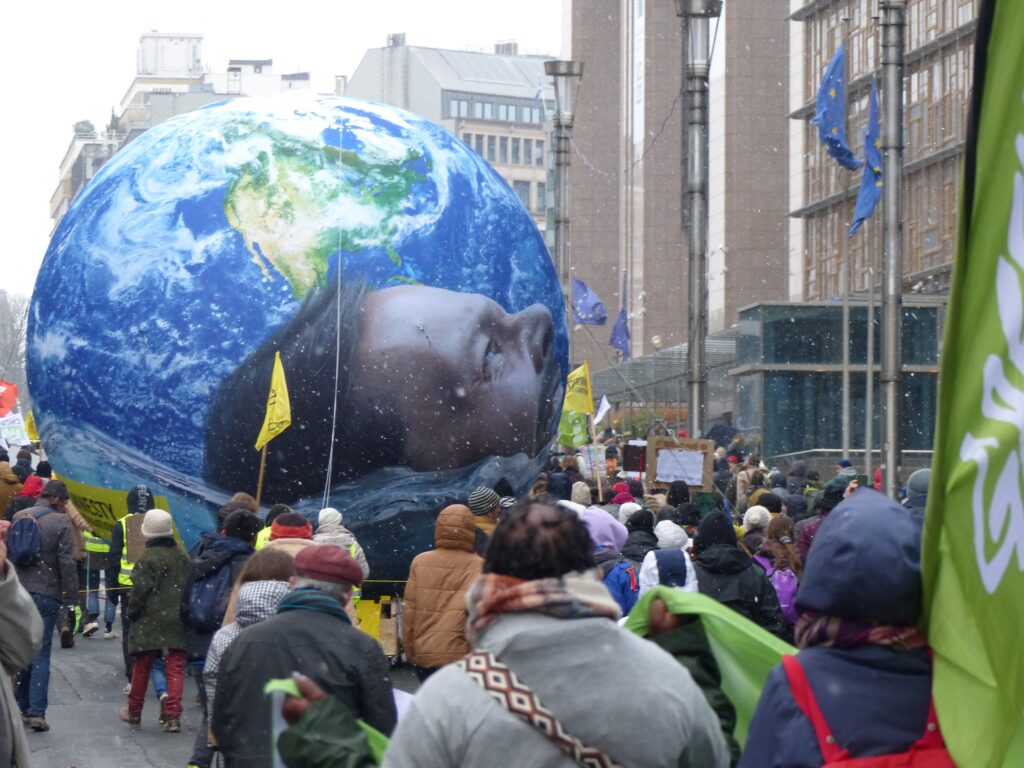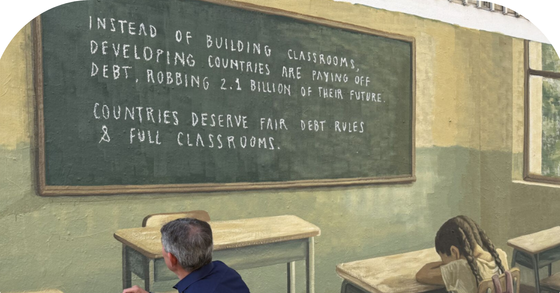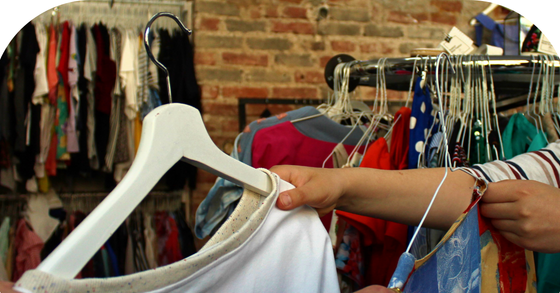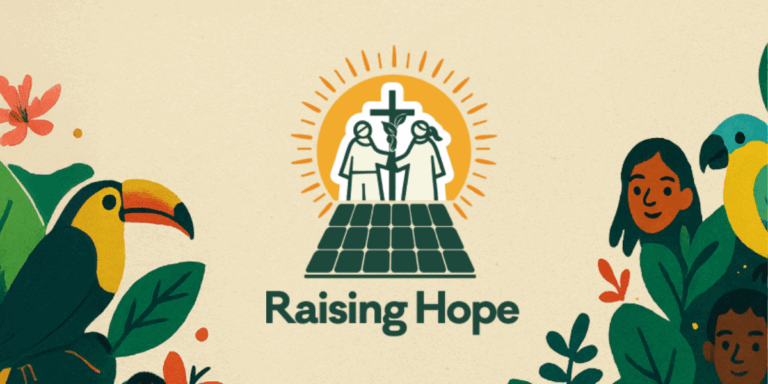The original article (in French) was sent to and published on Cathobel 26/9. The letter was signed by (1) Action Vivre Ensemble, Bâtir le Bien commun, BePax, Broederlijk Delen, Caritas Belgique, Cefoc, Centre Avec, Commission Justice et Paix, Conseil de la Jeunesse catholique, ELSiA, Entraide et Fraternité, Jesuit Refugee Service Belgium, Magma, Mouvement Laudato Si’, Welzijnszorg.

Belgian Christian NGOs and organisations (1) working for social and environmental justice welcome the visit of Pope Francis in light of his strong message in this field. His message is more urgent and universal than ever and calls for a paradigm shift in our society.
Pope Francis will be in Belgium in a few hours. As Christian or Christian-inspired associations and members of civil society working for social and environmental justice, we are delighted that Pope Francis is visiting our country. It is an opportunity to give voice to the social and environmental discourse that our political leaders are finding it increasingly difficult to convey, a discourse that seeks to articulate the ‘cry of the poor’ and the ‘cry of the earth’.
Ten years ago, on 24 May, Pope Francis published his encyclical Laudato Si’, a fundamental text that is recognised as such far beyond the Catholic Church. If Francis of Assisi praises God for all creatures, it is clear that Laudato si’ and its “update”, Laudate Deum, like the encyclical Fratelli tutti and the exhortation Querida Amazonia, can be read by each one of us, believer, atheist or agnostic, Christian or not, as a call to care for the planet, its ecosystems and all its inhabitants, human and non-human.
We are invited to rediscover our rightful place in the cosmos and to live in universal brotherhood with all living beings. Human beings are not separate from nature, and nature is not ‘a mere “framework” in which we develop our lives and projects, for we are included in it, we are part of it, and we are intertwined with it’.
A decade later, Laudato Si’ has lost none of its relevance. Nor, unfortunately, has it lost its urgency. On the contrary! When Pope Francis published his apostolic exhortation Laudate Deum in October 2023, he hit the nail on the head: ‘With the passage of time, I realise that our response to the word of God has changed’.
Tired of the lack of tangible results from successive COPs, fed up with the rhetoric of climate sceptics, deploring the destructive lifestyle of the Western model, convinced that “the most effective solutions will come not only from individual efforts, but above all from major national and international political choices”, the Pope urges each of us: “Nothing more is required of us than a certain responsibility for the legacy we will leave of our time in this world. This ethical upheaval must also lead to a social and economic paradigm shift away from unbridled capitalism and its glaring inequalities.
Finally, the Pope invites us to an existential question: The question of meaning arises: what is the meaning of my life, what is the meaning of my passage on this earth, what is the ultimate meaning of my work and my efforts?
To bring about this paradigm shift together, Pope Francis recommends relying on “multilateralism from below”, which brings together local actors, associations, NGOs and social movements: “I invite you to recognise that many groups and organisations of civil society help to compensate for the weaknesses of the international community, its lack of coordination in complex situations, its lack of vigilance when it comes to fundamental human rights. The demands that come from the grassroots all over the world, where activists from different countries help and support each other, can ultimately put pressure on those in power.
Dedicated to celebrating the work of the Belgian Catholic universities, the Pope’s visit is also an opportunity to highlight the contribution of civil society. We can only see this as encouragement and support at a time when the rise of populism is leading elected representatives, including in Europe and in Belgium, to advocate an “ecological pause” or a reduction in solidarity measures for the most disadvantaged, starting with those who are thrown onto the streets of exile. Just a few weeks ago, on the occasion of World Refugee Day, the Pope invited us to “turn our attentive and fraternal gaze towards all those who are forced to flee their homes in search of peace and security. We are all called to welcome, promote, accompany and integrate those who knock at our doors. I pray that States will work to guarantee humane conditions for refugees and facilitate integration processes”.
We know that his first visit outside Rome was to Lampedusa, and that the head of the Church has twice visited Lesbos, the Mediterranean islands facing incessant and deadly waves of migration. In a powerful symbolic gesture, he brought back 12 Syrian refugees, while on Maundy Thursday he regularly washed the feet of refugees in Italian detention centres and prisons. Here too, and perhaps above all, the Pope is doing political work. By advocating an extension of the rights of migrants and refugees and more regularisation for ‘undocumented migrants’, Pope Francis is deliberately rowing against the tide. Even against the tide of a section of the Christian ‘people’ who, throughout Europe and North America, use this identity as a justification for rejecting others.
Within the Catholic community, but also within other denominations and religions, and indeed within every human community, there are indeed closures, conservatism and retreats.
Within the Church itself, Pope Francis faces many challenges that require courage and vision. For our part, as Christian-inspired associations involved in civil society, we continue to be inspired by the Pope’s message and we will remain vigilant to ensure that political responses to environmental and climate challenges are ambitious and based on dialogue, respect, solidarity and special attention to the most disadvantaged.
*All quotes are taken from Laudato Si’ or Laudate Deum.
* Photo from CIDSE at the Climate March in Brussels, Dec 2023.



